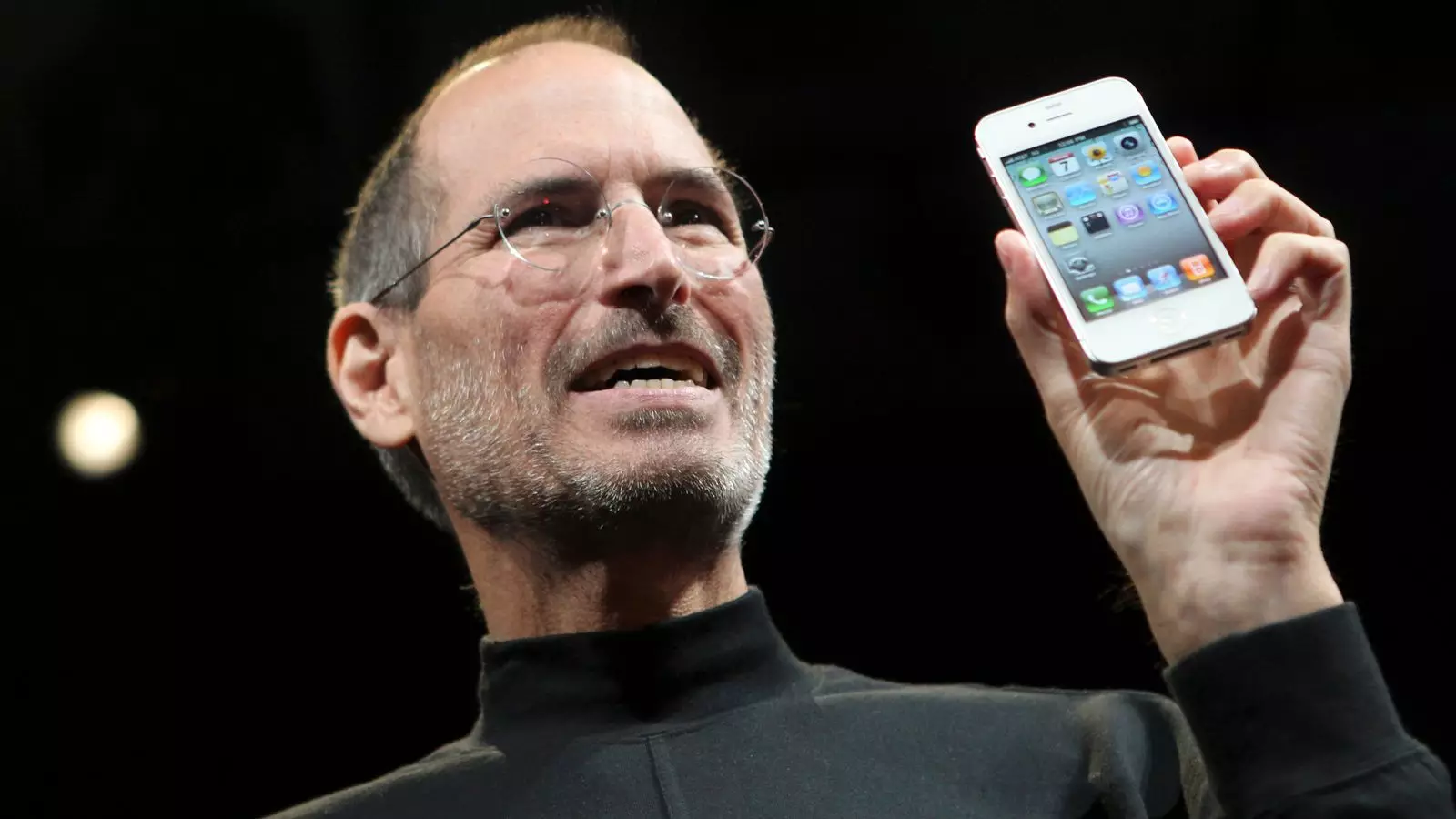The political tango between economics and innovation has taken a remarkable turn as members of government draw parallel lines between economic recovery and iconic business turns. Recently, Science and Technology Secretary Peter Kyle made a striking assertion, comparing the future economic maneuvers of Chancellor Rachel Reeves to the legendary Steve Jobs during his rescue mission at Apple. This connection may seem audacious, but it raises critical questions about the depth and viability of our government’s economic strategies. Can we genuinely draw inspiration from a tech giant and transpose that onto the complex landscape of national fiscal growth?
Making Sense of the Spending Review
As we approach the spending review—a cornerstone of governmental planning where budget allocations weave the fabric of our future—Kyle eludes the skepticism, positing that Reeves’ approach to taxation will be the game-changer. £86 billion has been earmarked for the science and technology sector, with an intriguing twist: £500 million allocated to each English region for initiatives that promise breakthroughs in drug treatments and technological advancements. Yet, the question looms: is this investment sustainable?
While the government emphasizes the ‘record amounts’ directed toward innovative solutions, cynicism has found its foothold. The narrative indulges in a flamboyant portrayal of economic resurrection, yet we must ask ourselves if pouring money into the “next best thing” will deliver long-term viability. Are we simply propping up a house of cards, hinging our prospects on fleeting trends rather than concrete strategy?
Is It a Mirage of Technological Redemption?
Kyle’s analogy of a pre-insolvency Apple revitalized by Jobs provokes both admiration and critique. While it is true that innovation can pivot stagnation into forward momentum, Jobs succeeded by embracing radical creativity—an approach that appears absent from our current political narrative. The government’s emphasis on vaccine technology and high-tech solutions, while commendable, lacks the flair of breakthrough vision that capitalism celebrates.
Imagine, for a moment, if the government applied Jobs’s transformative ideology to sectors other than just technology. What if holistic, cross-disciplinary innovation could shape economic renewal rather than limiting itself to the scientific realm? We have an opportunity not only to foster technological prowess but to reinvigorate education, healthcare, and social services—in essence, weaving a tighter social fabric while enhancing our financial landscape.
Universal Support Versus Calculated Cuts
Another facet of Kyle’s commentary, the impending changes to winter fuel payments, unveils the government’s precarious balance between austerity measures and social responsibility. The scrapping of universal winter fuel payments—though framed as a pragmatic response to economic realities—highlights a troubling trend towards division in resource allocation. While it’s important to reel in spending, should it coexist with the marginalization of vulnerable groups?
The recent promise by Sir Keir Starmer to expand eligibility criteria bypasses the shadowy undertones of favoritism implicit in governmental funding strategies. If politics dances with financial constraints, then what happens to the ethical imperative of social equity? Instead of mere fiscal strategy, we require an ethical framework that melds both economic efficacy and social justice.
Investing in Education: The Long-Term Solution?
Kyle’s claim regarding unprecedented spending per pupil calls for critical analysis against a backdrop of stringent fiscal rules limiting borrowing for day-to-day expenses. If educational expenditure is indeed augmented, then how can the government reconcile this with anticipated cuts to other essential services? The delicate balancing act feels like juggling flaming torches on a tightrope.
Prioritizing education as a pillar of economic renewal is undoubtedly the right approach, yet it also necessitates a recalibration of our spending priorities. A holistic educational overhaul should be the cornerstone of a prosperous future, allowing us to nurture a generation that thrives in innovation, creativity, and critical thinking. However, this cannot occur in a vacuum, and the structural constraints imposed by fiscal rules could undermine these aspirations.
As the political landscape evolves, so too must our understanding of economic strategies that transcend mere accounting. The success of Rachel Reeves in emulating the likes of Steve Jobs hinges not only on monetary allocation but on an audacious vision that champions creativity, equity, and holistic renewal that permeates through all aspects of society. альтернативы


Leave a Reply